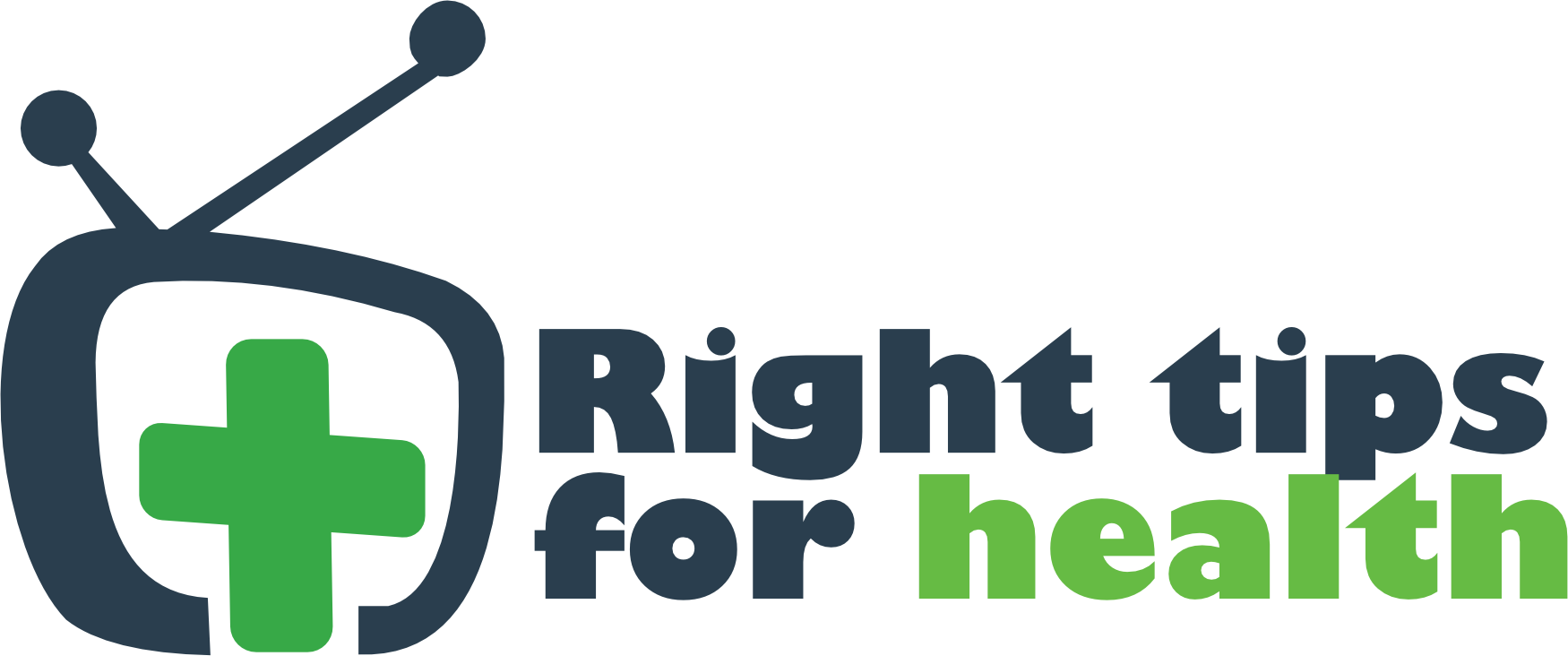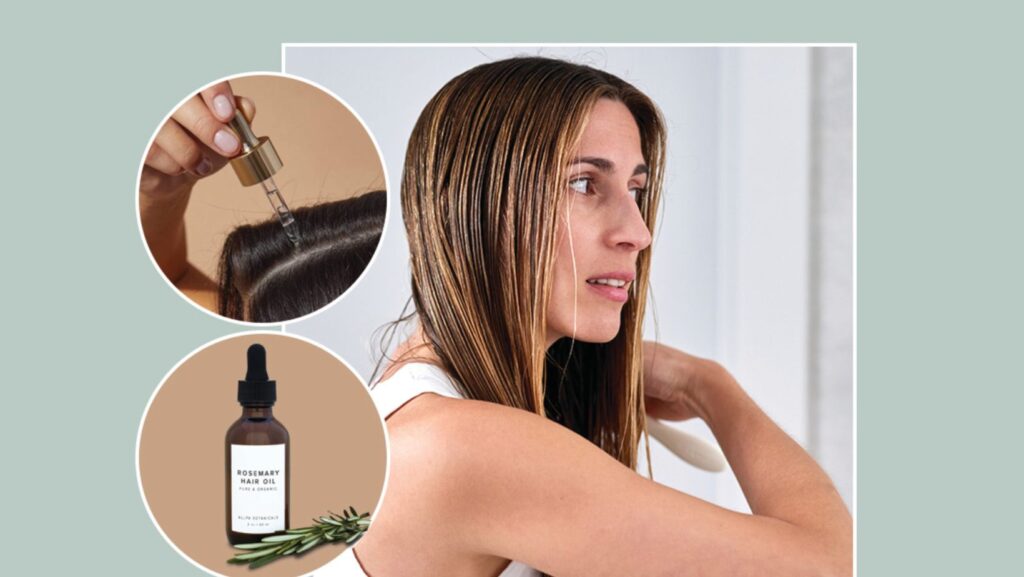Welcoming a newborn into your household is a remarkable and life-altering event, yet it can be daunting, especially for first-time parents. The initial month with your infant, often denoted as the newborn stage, is a phase of adaptation and connection. Your tiny bundle of joy is acclimating to the world beyond the womb, while you, as parents, are deciphering your baby’s signals and fulfilling their requirements. Within this detailed handbook, we will delve into vital tips for caring for your baby during the first month, offering valuable perspectives and professional guidance to assist new parents in navigating this precious period with confidence and tranquility.

Read more.. Progresses in Clinical Innovation: Developments Forming Medical Care Conveyance
Understanding Your One-Month-Old Baby
Physical Development
In the initial month of life, your baby undergoes rapid physical transformations. It’s common for newborns to shed a bit of weight during the initial week, but they generally regain it by the month’s end. While their movements remain limited and jerky, you might observe more deliberate hand gestures and attempts to reach for their face.
Sleep Patterns
Newborns spend a significant amount of time sleeping, often totaling up to 16 to 18 hours per day. However, their sleep occurs in brief intervals. Your little one might rest for 2 to 4 hours at a stretch before waking up for feeding, changing, or cuddling. Ensuring a secure and cozy sleep environment is vital for your baby’s well-being.
Feeding Your Baby
Regardless of whether you opt for breastfeeding or formula-feeding, nourishing your baby is a top priority. Newborns have small stomachs, necessitating frequent feeds. Breastfed infants typically nurse every 2 to 3 hours, while formula-fed babies might require feeding every 3 to 4 hours. Pay close attention to your baby’s feeding cues, including rooting, sucking motions, and signs of restlessness.
Diaper Changes
On average, newborns go through about 6 to 8 wet diapers daily. Maintaining your baby’s cleanliness and dryness is essential to prevent diaper rash. During diaper changes, handle your baby with care, and utilize mild baby wipes or warm water and cotton balls.
Essential Baby Care Tips for the First Month
1. Establish a Routine
Although newborns don’t adhere to a fixed timetable, creating a flexible routine can introduce a sense of predictability for both you and your baby. Attempt to feed, change diapers, and put your baby to sleep at approximately the same times each day. Consistency aids your baby in distinguishing between day and night.
2. Skin Care
Your little one’s skin is tender and easily irritated. Choose baby products that are free from fragrances and hypoallergenic to minimize the risk of skin irritations. In the first month skin care, there’s no need for regular baths; instead, opt for sponge baths until your baby’s umbilical cord stump naturally detaches, and any circumcision wounds (if applicable) have completely healed.
3. Umbilical Cord Care
Keep the umbilical cord stump clean and dry. It will eventually fall off on its own, usually within the first few weeks. Avoid covering it with tight diapers to allow air circulation.
4. Bonding and Cuddling
Maintaining skin-to-skin contact is crucial for fostering a strong bond and ensuring your baby’s comfort. Embrace your little one, snuggle them close, and speak to them in gentle, calming tones. Infants readily identify their parents’ voices, creating a feeling of safety and reassurance.
5. Babywearing
Consider using a baby carrier or sling, allowing you to carry your baby while keeping your hands free. Babywearing promotes bonding and allows you to attend to your daily activities.
6. Visits to the Pediatrician
Regular appointments with the pediatrician are essential for tracking your baby’s growth and developmental milestones. Adhere to the suggested immunization timetable and don’t hesitate to discuss any worries or questions you might have with your healthcare provider.
7. Recognize Hunger and Fullness Cues
Understanding your baby’s hunger and fullness cues is crucial. Crying is a late sign of hunger; early signs include rooting, sucking on hands, or making smacking sounds. Similarly, learn to recognize when your baby is full, such as turning away from the breast or bottle.
8. Support for Parents
Nurturing a newborn can feel overwhelming, emphasizing the need for a reliable support system. Reach out to friends, family, or nearby support communities without hesitation. Whether you require aid with household chores, cooking, or simply someone to talk to, seeking support is vital in this phase of life.
Expert Advice and Recommendations
To enhance your baby care journey, we’ve gathered advice from pediatricians, lactation consultants, and experienced parents:
1. Breastfeeding Tips
Breastfeeding provides essential nutrients and strengthens the bond between you and your baby. Lactation consultants recommend finding a comfortable breastfeeding position, ensuring a proper latch, and nursing frequently to establish milk supply.
2. Formula Feeding Guidelines
If you choose formula feeding, consult your pediatrician to select an appropriate formula. Follow the instructions on the formula container for preparation and feeding quantities. Sterilize bottles and nipples before each use to maintain hygiene.
3. Safe Sleeping Practices
To reduce the hair care routine risk of Sudden Infant Death Syndrome (SIDS), place your baby on their back to sleep on a firm mattress in a crib or bassinet without pillows, blankets, or soft toys. Use a sleep sack or wearable blanket to keep your baby warm.
4. Monitoring Baby’s Health
Keep track of your baby’s feeding, diaper changes, and sleep patterns. Use a baby journal or mobile apps designed for new parents to monitor developmental milestones. Any concerns about your baby’s health or development should be discussed with your pediatrician.
5. Self-Care for Parents
Caring for a newborn can be incredibly draining health tips, underscoring the importance of parents focusing on self-care. Utilize your baby’s sleep time to rest, don’t hesitate to accept assistance from others, and carve out moments for activities that bring you happiness and a sense of calm.
The sensitive skin of a newborn demands special care and attention, especially in the initial weeks of life. As a parent, ensuring your little one’s skin stays healthy and irritation-free is vital. Here are invaluable skin care suggestions tailored specifically for your baby’s first month:
- Gentle Cleansing: During the initial weeks, your baby’s skin doesn’t need frequent bathing. Opt for sponge baths using lukewarm water to cleanse their face, neck, hands, and diaper area. Utilize a mild, fragrance-free baby soap or cleanser designed for newborns. Limit bathing to a few times a week to prevent their delicate skin from drying out.
- Diaper Area Care: Maintaining cleanliness and dryness in the diaper area is crucial. Swiftly change wet or soiled diapers to prevent diaper rash. Use alcohol-free baby wipes or damp cotton balls with warm water for cleansing. Pat the skin dry gently; avoid rubbing, as it can cause irritation. Applying a thin layer of diaper rash cream with zinc oxide forms a protective barrier against moisture and friction.
- Choosing the Right Diapers: Opt for hypoallergenic diapers hair care routine without fragrances or harsh chemicals. Properly fitted diapers prevent leaks and reduce skin irritation. Consider using diapers with a wetness indicator to gauge when a diaper change is needed.

Read more.. Guarding Your Newborn from Mosquito Bites: Tips for a Serene Night
Conclusion: Embracing Parenthood with Confidence
Welcoming a one-month-old baby into your life is a transformative and rewarding experience. While it may feel challenging at times, remember that every parent goes through a learning curve. By following these baby care tips, health tips when needed, and trusting your instincts, you can navigate the first month of parenthood with confidence and love. Embrace the precious moments, cherish the cuddles, and celebrate the milestones as you embark on this beautiful journey of parenthood.
Read more.. Care Supreme Health Insurance: Your Top Choice for Comprehensive Coverage



